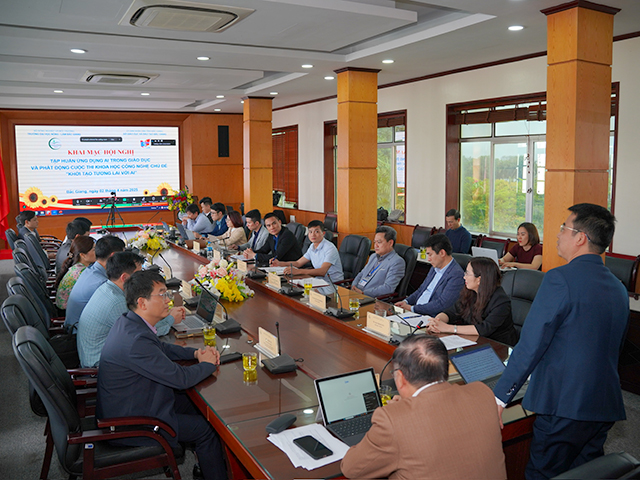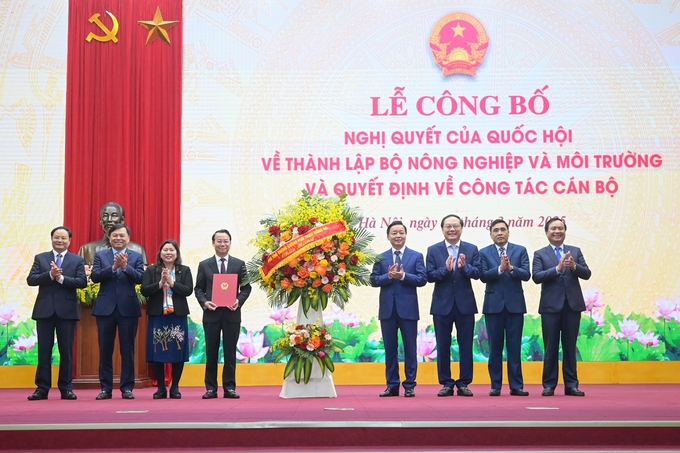(BAFU) – On the afternoon of January 16, the Ministry of Agriculture and Rural Development (MARD) organized a seminar “Breakthroughs in the Development of Science, Technology, Innovation, and Digital Transformation in Agriculture”. Human resource training institutions proactively adapt to innovative thinking, creating creative spaces to establish a synchronized ecosystem. Training human resources is the pathway to put innovation into practice
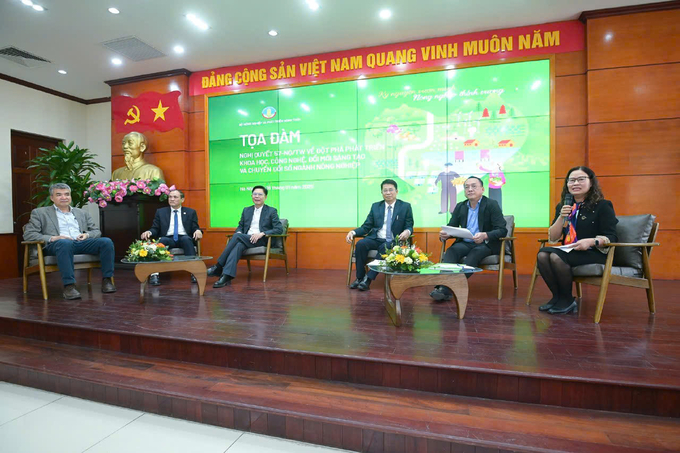
The seminar featured the participation of leaders from training institutions: Vietnam National University of Agriculture, Vietnam National University of Forestry, Bac Giang Agriculture and Forestry University, and Thuy Loi University.
During the seminar, leading professors and doctors specializing in training high-quality human resources in the agricultural sector shared their experiences, proposed development orientations, and emphasized the role of training in adaptation and implementation of Resolution 57.
Chairing the seminar, Ms. Nguyen Thi Thanh Thuy, Director of the Department of Science, Technology, and Environment, stated:
“The seminar aims to implement Resolution 57-NQ/TW and Resolution 03 on the action program for Resolution 57. This is an opportunity for institutions to discuss, connect, and collaborate in building an innovation ecosystem, moving from awareness to action.”
The participating institutes and universities have extensive experience in education and scientific research. They have successfully applied their work in practice, achieving significant breakthroughs in the agricultural sector.
Seeking Motivation for Scientific Research to Meet the Requirements of Resolution 57
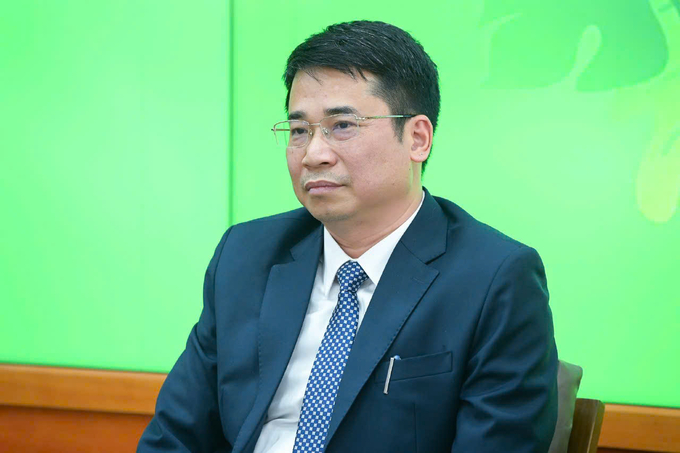
Bac Giang Agriculture and Forestry University (BAFU) proactively embraces the Resolution 57
Prof. Dr. Pham Bao Duong emphasized that “Science and technology will be the key to sustaining growth of the agricultural sector in the 21st century and beyond”.
Prof. Dương further noted that successful innovation starts with agriculture, focusing on improving production mechanisms and unlocking labor resources. Agriculture has progressively created strong motivation for farmers to produce, reclaim land, and increase productivity. Productivity growth will still be the core objective.
The 2nd industrial revolution of innovation for universities requires each institute and university to adopt a creative approach and proactively embrace the spirit of the Resolution 57.
BAFU has made significant efforts to align its training programs with the needs of the Ministry of Agriculture and Rural Development (MARD) and local industrial parks. Currently, among the BAFU’s 20 training majors, seven new programs have been opened in the fields of mechatronics, automation, information technology, and plans to expand into semiconductor technology and artificial intelligence.
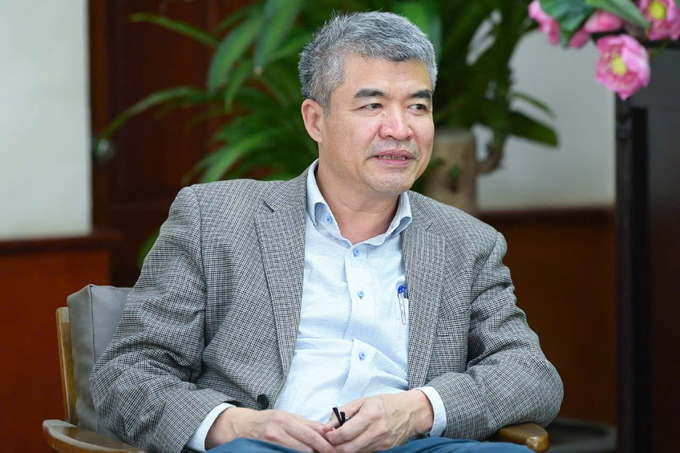
Prof. Dr. Pham Van Cuong, Vice President of the Vietnam National University of Agriculture, expressed his concerns about creating motivation for scientific research
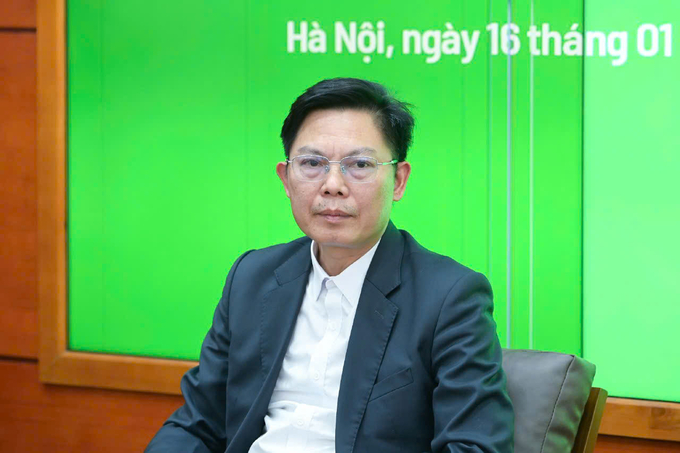
Prof. Dr. Pham Van Dien, Rector of Vietnam National University of Forestry, stated: “Universities serve as extended arms for business groups, international organizations, government agencies, local authorities, and alumni.”
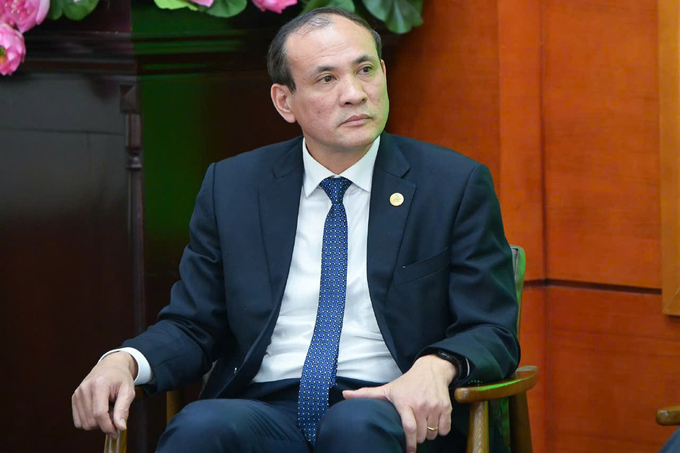
Prof. Dr. Nguyen Trung Viet, Vice Rector of Thuy Loi University, stated that the university’s leadership, faculties, and students are ready to implement Resolution 57
Technology transfer is an important part of the innovation and creativity trend. In the coming time, it is necessary to focus on building clear research contents, accompanied by transparent and effective cooperation mechanisms. Research agencies need to be more proactive in taking advantage of existing resources and facilities and sharing transfer experiences.
During the seminar, the Vietnam National University of Agriculture proposed that the MARD allow the implementation of research, production, and training activities flexibly. Products such as crop varieties and livestock will be permitted for use in collaboration and development efforts to create mutual benefits.




